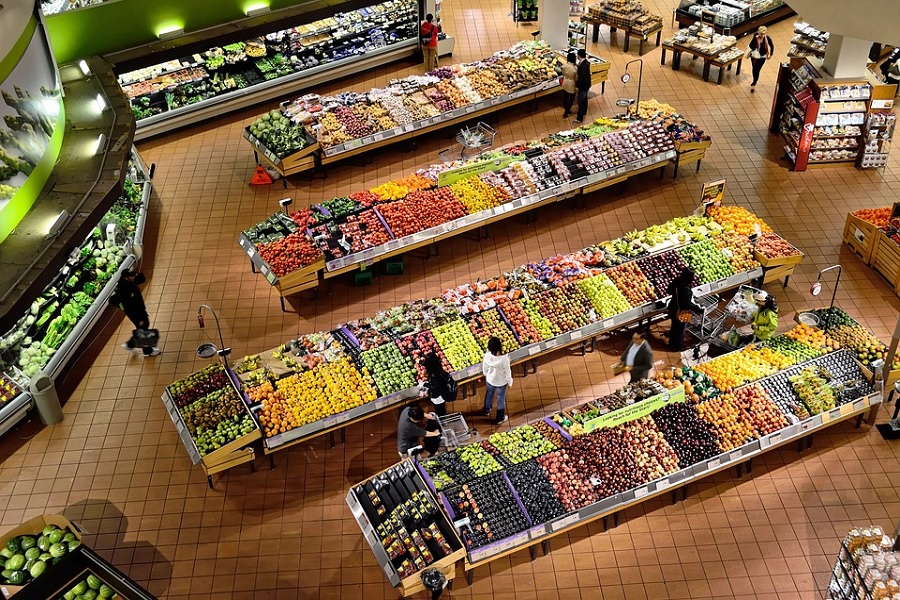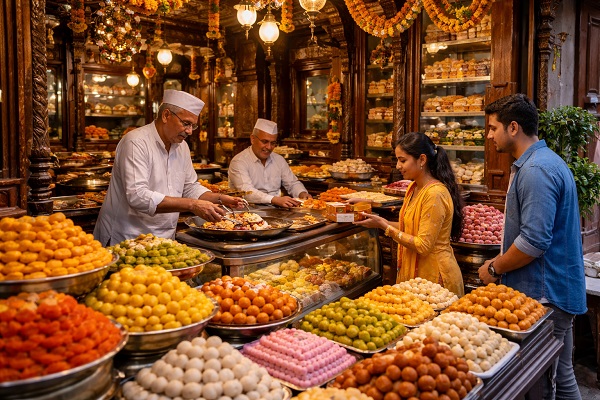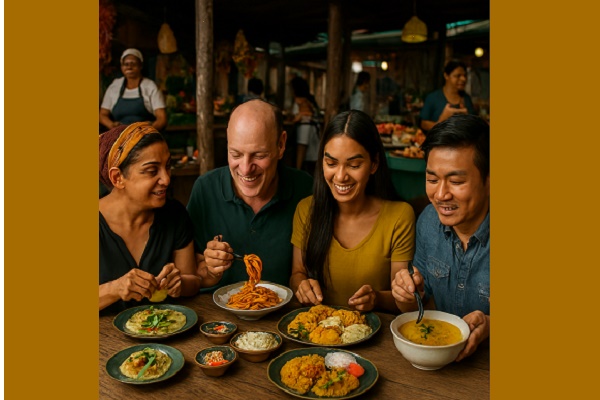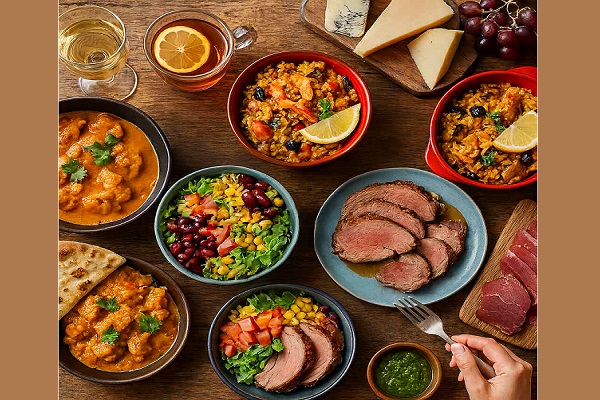The Role of Food in Cultural Heritage Preservation: How Food Tourism Helps Keep Traditions Alive

Food has always been an essential part of human culture, offering not just sustenance, but a deep connection to history, identity, and community. With the rise of food tourism, travelers are increasingly seeking to understand the stories behind the dishes they enjoy and support local communities by preserving traditional cooking methods, recipes, and farming practices that might otherwise fade into obscurity. Food tourism, in its various forms, plays a significant role in cultural heritage preservation, helping to ensure that the culinary traditions passed down through generations remain alive and accessible to future generations.
Supporting Traditional Cooking Methods
In many parts of the world, food preparation is an art form that has been passed down through centuries. From the delicate process of hand-rolling pasta in Italy to the slow, deliberate smoking of meats in the American South, traditional cooking methods are an integral part of cultural identity. These techniques are not merely about making food taste good but about preserving a way of life, maintaining customs, and celebrating regional diversity.
Food tourism is helping to safeguard these traditional cooking methods by attracting people who want to experience and learn them firsthand. Cooking classes and culinary tours allow tourists to interact directly with local chefs, farmers, and artisans, often in small, family-run establishments or villages where these traditions have been maintained over centuries. In regions like Tuscany, Italy, travelers can take part in hands-on pasta-making classes that use techniques passed down through generations, ensuring that these methods are kept alive.
Similarly, in places like the Mekong Delta in Vietnam, tourists can learn the ancient techniques of rice noodle production, from the cultivation of rice to its transformation into delicate noodles, while gaining insight into the agricultural practices that have sustained the region for centuries. This immersive experience provides both tourists and locals with a deeper appreciation of cultural preservation through food.
Preserving Authentic Recipes
Every culture boasts unique recipes, many of which have historical significance and cultural meaning. These recipes are often passed down orally or through family traditions, ensuring their preservation through generations. However, in today’s fast-paced world, globalization and the rise of mass-produced food have put many traditional recipes at risk of being forgotten or diluted.
Food tourism plays an essential role in keeping these authentic recipes alive. By traveling to regions where traditional food is still celebrated, tourists help support local chefs and culinary experts who continue to use ancient recipes and methods. Whether it’s tasting the authentic flavors of paella in Spain, learning to cook Sichuan-style hotpot in China, or indulging in Ethiopian injera, food tourism helps preserve these recipes by ensuring that they remain in demand.
In addition, culinary tourism encourages the use of indigenous ingredients, many of which are unique to specific regions. These ingredients, often harvested through traditional farming practices, contribute to the distinct flavors of regional cuisines. As demand for authentic local dishes grows, so does the incentive to protect these ingredients from exploitation or disappearance. By participating in food tours and dining experiences, tourists are directly contributing to the preservation of these vital foodways.
Sustaining Indigenous Farming Practices
Food tourism doesn’t just focus on the consumption of food but also on the vital role of agriculture in cultural heritage. Many traditional foods are reliant on indigenous farming practices that have been carefully honed over centuries. These methods often prioritize sustainability, biodiversity, and the connection between people and the land. However, as industrial farming methods have taken over in many parts of the world, these time-honored practices are under threat.
In regions like the Andean Highlands of Peru, for example, indigenous farmers still cultivate quinoa, potatoes, and corn using ancient, sustainable farming techniques. These crops are integral to local diets and are an essential part of the region’s cultural identity. Food tourism can support the preservation of these farming practices by bringing attention to their cultural significance and the need for their protection. Travelers who visit these areas can purchase locally grown food products, participate in farm-to-table experiences, or visit rural farming communities to learn about the traditional cultivation techniques still in use.
Moreover, initiatives like agri-tourism and farm stays allow visitors to experience firsthand the labor-intensive process of traditional farming. This interaction helps foster a deeper understanding of the relationship between the land, the food, and the people who grow it. By supporting indigenous farmers, food tourism ensures that these practices can continue, and new generations of farmers are encouraged to maintain these traditions.
Cultural Food Preservation Techniques
In many cultures, food preservation methods such as fermenting, drying, pickling, and smoking are not only practical but are part of a culture’s culinary heritage. These methods have allowed people to preserve food for seasons when it was less abundant, and they continue to play an essential role in many traditional dishes today.
Food tourism encourages the exploration of these preservation techniques through culinary tours, food festivals, and hands-on experiences. Tourists might visit the rural villages of Northern Europe to learn how to preserve vegetables through pickling or head to the Japanese countryside to experience the art of fermenting miso and soy sauce. In countries like Korea, where kimchi fermentation is a centuries-old tradition, tourists can learn the intricate process of creating the perfect batch from local artisans.
Not only does this help preserve the food itself, but it also nurtures a greater appreciation for the culture and history behind these practices. As tourists engage with these methods, they gain insight into the environmental, economic, and social contexts in which they evolved, thus strengthening the connection between food, culture, and sustainability.
Conclusion
Food tourism is much more than a journey for the taste buds; it is a vital tool for preserving cultural heritage. By supporting traditional cooking methods, authentic recipes, indigenous farming practices, and time-honored food preservation techniques, travelers play a critical role in ensuring that these rich culinary traditions are passed down to future generations. As more people recognize the value of food as a cultural asset, the more we can ensure that these foodways continue to thrive in an increasingly globalized world.
























